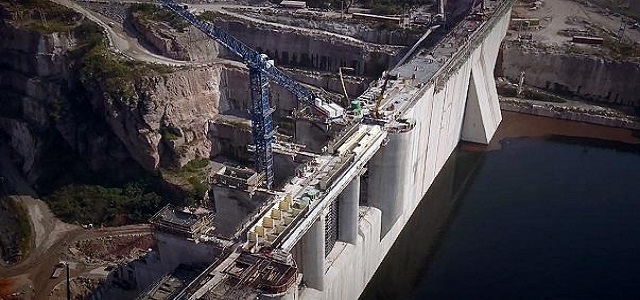The cycle of any large investment project includes a well-established set of steps from conceptualisation, investigation, planning and design through to implementation and sustenance. Whilst the project cycle appears to be logical and sequential, there is a great deal of complexity involved in ensuring systematic execution (see Table below).
This represents a key area of weakness investments in both the infrastructure foundation and the productive sectors. Examples abound at national, river basin and regional levels where all the ingredients are present - agreed programmes, secured funds and political will – but still no progress is made towards turning planning and strategies into tangible solutions for economic growth; job creation and development. One of the major reasons is the absence of transaction management skills and experience.
|
Transaction Management Activities: |
||
|
Type of Support |
Activities |
|
|
Strategic support |
|
|
|
Procurement support |
|
|
|
Contracting support |
|
|
|
Contract management & supervision |
|
|
|
Technical oversight |
|
|
|
Strategic technical advisory service |
|
|
The need for the skills and expertise to successfully navigate the implementation process is not confined to infrastructure investments in Africa. The same processes are needed throughout the world. The common practice of authorities in the industrialised world is to outsource these functions to specialist firms on a contract basis under the management of the commissioning authority. Very seldom are all of these skills retained ‘in-house’. The skills and expertise needs to exist in-house to manage outsourced transaction management contracts but it is not necessary or effective to build the internal capacity to undertake all the transaction management functions internally.
One of the possible mechanisms for facilitating development and undertaking some aspects of transaction management is the use of “Development Finance Facilities” or “Project Preparation Facilities”. In a 2015 review of Project Preparation Facilities (PPFs), the Infrastructure Consortium for Africa studied 17 of these and found that the performance of most of them was ‘dismal’ (ICA, 2016). The review provides a useful resource and insight into the functioning of PPFs and the reasons why their performance is almost universally problematic. Some key factors have been identified that have resulted in success within the very few good examples of PPFs that exist – in terms of both the preparation of ‘bankable’ projects and value for money. These are:
- adoption of good governance principles;
- ownership arrangements that contribute to independence of management and flexibility of operations;
- management through outsourced contracts with private sector service providers, provided that adequate oversight exists
- availability of supplementary funding from the private sector and/or development banks; and,
- facilities run on a commercial basis, which can achieve cost efficiency and value for money.
An area of focus for the AIP will be to develop a support function to assist AU Member States to set up and implement Transaction Management outsourcing contracts.


